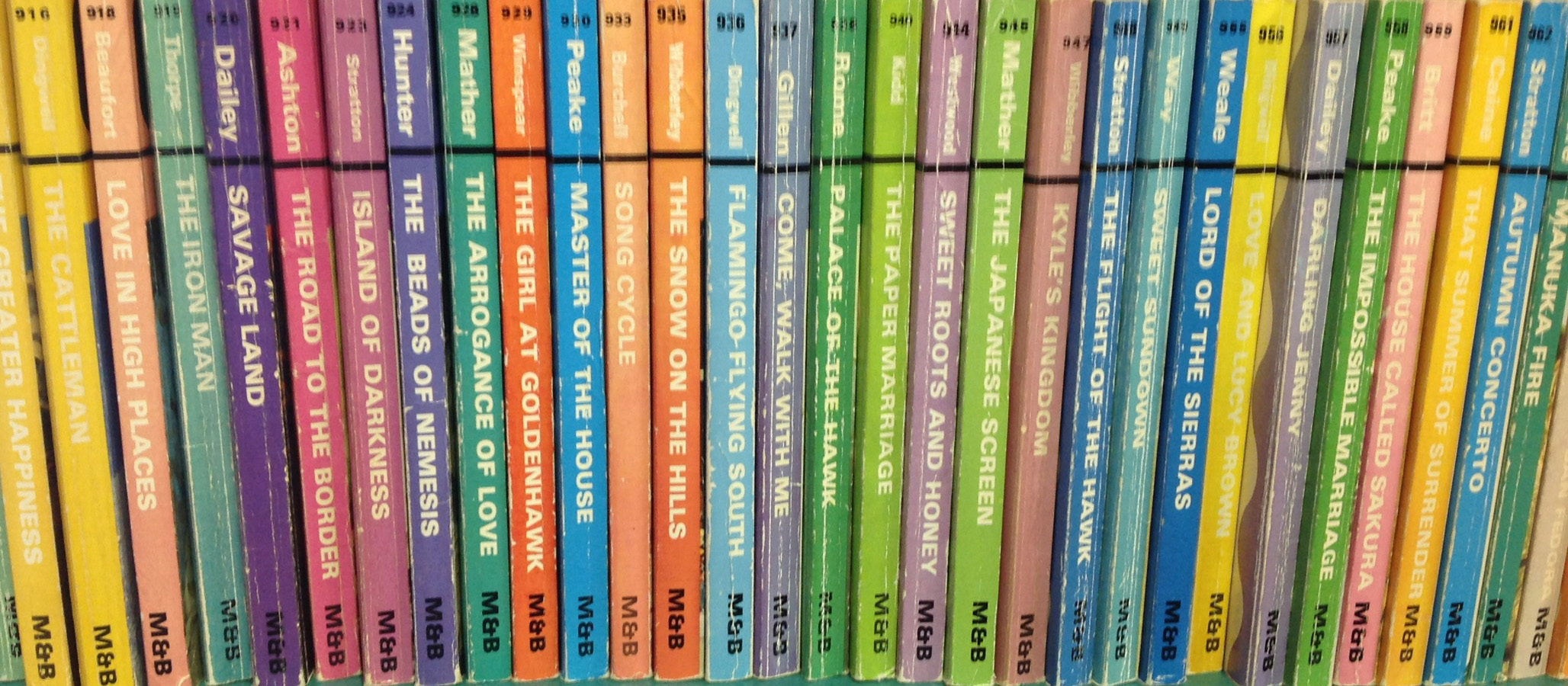Plus Ones: Romantic Heroines as Mathematicians and Scientists
Start Date
23-4-2020 2:00 PM
End Date
23-4-2020 3:00 PM
Proposal Type
Individual Presentation
Abstract
While the gender gap is decreasing in scientific fields and women now make up the majority of advanced degrees in biology and the social sciences, less than a third of the advanced degrees in math-heavy sciences such as physics, computer science, and engineering are earned by women (NSF 2019); degree paths for people of color have even greater disparaties; for example, the percentage of bachelors in mathematics or statistics earned by African-Americans has dropped from 7.13% in 1996 to 4.15% in 2016 (NSF 2019). This underrepresentation is echoed in popular culture, where “mathematicians are often mad, mostly male and almost invariably white” (Epstein et al., 2010). In Romancelandia, an increasing number of heroines are mathematically-inclined, though most of them are still white. This paper will explore mathy heroines in historical and contemporary romance, paying special attention to how the novels use scientific practices and settings to explore issues of gender, race, and social justice.
Epstein, D., Mendick, H., & Moreau, M. P. (2010). Imagining the mathematician: Young people talking about popular representations of maths. Discourse, 31(1), 45-60.
NSF. (2019). Women, minorities, and persons with disabilities in science and engineering. Special Report NSF 19-304. Alexandria, VA.
Plus Ones: Romantic Heroines as Mathematicians and Scientists
While the gender gap is decreasing in scientific fields and women now make up the majority of advanced degrees in biology and the social sciences, less than a third of the advanced degrees in math-heavy sciences such as physics, computer science, and engineering are earned by women (NSF 2019); degree paths for people of color have even greater disparaties; for example, the percentage of bachelors in mathematics or statistics earned by African-Americans has dropped from 7.13% in 1996 to 4.15% in 2016 (NSF 2019). This underrepresentation is echoed in popular culture, where “mathematicians are often mad, mostly male and almost invariably white” (Epstein et al., 2010). In Romancelandia, an increasing number of heroines are mathematically-inclined, though most of them are still white. This paper will explore mathy heroines in historical and contemporary romance, paying special attention to how the novels use scientific practices and settings to explore issues of gender, race, and social justice.
Epstein, D., Mendick, H., & Moreau, M. P. (2010). Imagining the mathematician: Young people talking about popular representations of maths. Discourse, 31(1), 45-60.
NSF. (2019). Women, minorities, and persons with disabilities in science and engineering. Special Report NSF 19-304. Alexandria, VA.


